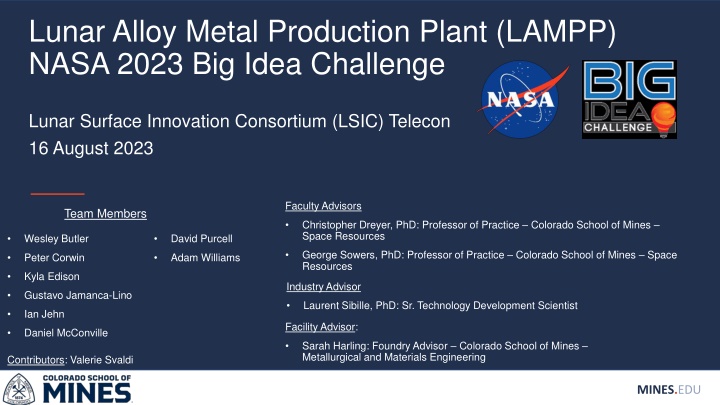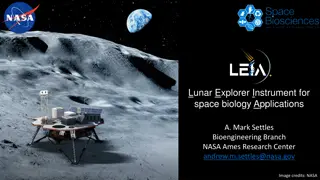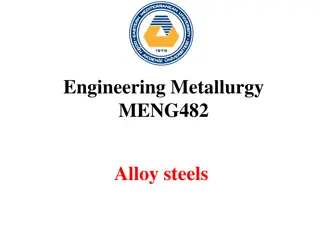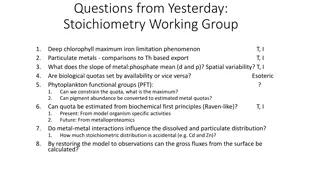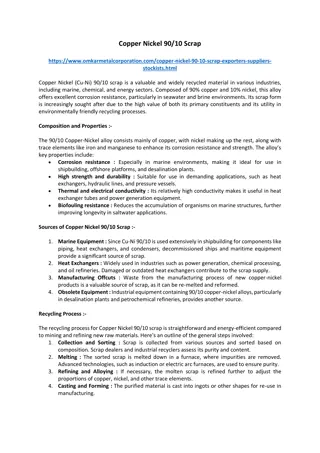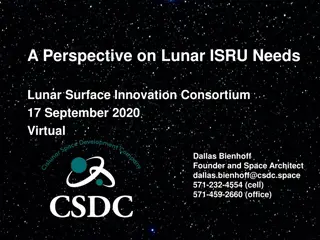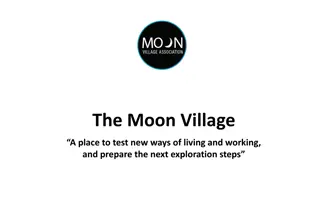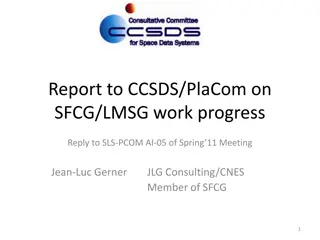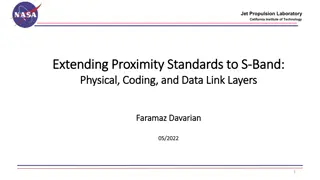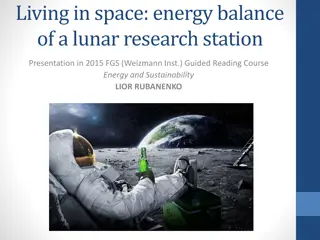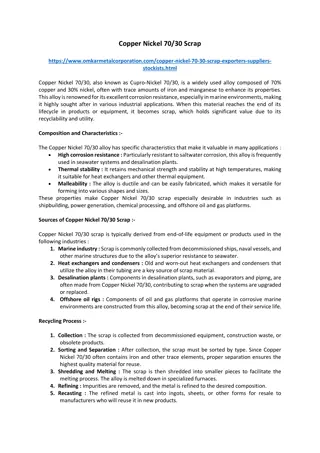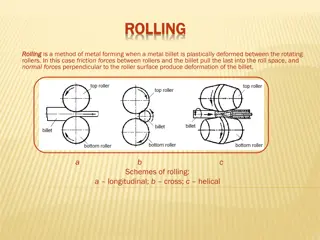Lunar Alloy Metal Production Plant (LAMPP) Concept and Objectives
The Lunar Alloy Metal Production Plant (LAMPP) is an innovative system designed for lunar environment, utilizing Molten Regolith Electrolysis (MRE) to extract oxygen and high-quality metals from lunar regolith. The project aims to unify knowledge on MRE technologies and test refractory materials for optimal performance in production. Key processing steps include beneficiation, magnetic separation, and metal refinement subsystems. The initiative involves a consortium of experts and aims to enhance resource utilization on the lunar surface.
Uploaded on Aug 04, 2024 | 3 Views
Download Presentation

Please find below an Image/Link to download the presentation.
The content on the website is provided AS IS for your information and personal use only. It may not be sold, licensed, or shared on other websites without obtaining consent from the author.If you encounter any issues during the download, it is possible that the publisher has removed the file from their server.
You are allowed to download the files provided on this website for personal or commercial use, subject to the condition that they are used lawfully. All files are the property of their respective owners.
The content on the website is provided AS IS for your information and personal use only. It may not be sold, licensed, or shared on other websites without obtaining consent from the author.
E N D
Presentation Transcript
Lunar Alloy Metal Production Plant (LAMPP) NASA 2023 Big Idea Challenge Lunar Surface Innovation Consortium (LSIC) Telecon 16 August 2023 Faculty Advisors Team Members Christopher Dreyer, PhD: Professor of Practice Colorado School of Mines Space Resources Wesley Butler David Purcell George Sowers, PhD: Professor of Practice Colorado School of Mines Space Resources Peter Corwin Adam Williams Kyla Edison Industry Advisor Gustavo Jamanca-Lino Laurent Sibille, PhD: Sr. Technology Development Scientist Ian Jehn Facility Advisor: Daniel McConville Sarah Harling: Foundry Advisor Colorado School of Mines Metallurgical and Materials Engineering Contributors: Valerie Svaldi MINES.EDU
Agenda LAMPP Concept Objectives Testing Refractory Materials Preliminary Results On-Going Work Questions MINES.EDU
LAMPP Concept The Lunar Alloy Metal Production Plant (LAMPP) is a self-contained, scalable, deployable production system designed for use in the lunar environment. metal Molten Regolith Electrolysis (MRE) passes an electric current through molten regolith to split oxygen from metal oxides to control production rates of oxygen and high-quality metal. MINES.EDU
Lunar Highlands Regolith Input Key Assumption ????, ?????,???,???,???,???? Interface System (Out of Scope) Gangue Material Large Rocks & Agglutinates Particle Size Screening 1st Major Processing Step: Si & Mg Beneficiation Process 2nd Major Processing Step: Ti & Al Magnetic Iron Oxides ??? Magnetic Separation Subsystem Non-magnetic material ???,???,?????, ????, Si?? Metal Stock Material Production Subsystem Oxygen Byproduct Molten Regolith Electrolysis Silicon & Magnesium Reduction Separation of Silicon & Magnesium Cast Si Cast Mg Batch Transfer Subsystem Batch Transfer Subsystem Metal Refinement Unreduced Oxides ?????,???? Unreduced Oxide Byproduct (Slag) ???,???,???,????,????? Molten Regolith Electrolysis Titanium & Aluminum Separation of Titanium & Aluminum Cast Ti Cast Al Metal Refinement MRE Control Subsystem Metal Refinement Subsystem
LAMPP Concept MINES.EDU
Objectives 1. Unify what is known about MRE and associated technologies in the form of a review paper. This includes a literature review of known refractory material performance. 2. Test and select refractory materials as containment for molten regolith of highlands and mare compositions considering qualities such as longevity, robustness, and corrosion resistance .This includes dipstick, crucible, and molten flow over plate testing. 3. Understand and build a reference for how metals flow at high temperatures in vacuum and how refractory materials and gravity may be impacted. MINES.EDU
Testing Refractory Materials Various refractory materials were chosen after a down-selection process, which included analyzing factors such as: Corrosion Resistance Material Cost Material Availability Three Benchmark geometries were chosen for testing: Rods Crucibles Plates MINES.EDU
Testing Refractory Materials Rod candidate regolith melts, with varying chemistries to represent highland and mare source material. Rods held in melt for 45 mins 1 hr. Surviving rods under-going inspection for damage, material microstructure impingement/growth. testing involves refractory submerging materials in loss, and MINES.EDU
Testing Refractory Materials MINES.EDU
Testing Refractory Materials MINES.EDU
Preliminary Results MINES.EDU
On-Going Work Analysis of previously tested rods. SEM Imaging at Mines. Application of refractory coatings on tested rods. Boron Nitride (BN) coatings on SiC, and Molybdenum (Mo) rods. Initial testing of COTS crucibles SiC, SiC+BN Coating, Mo, Mo+BN Coating, BN Initial testing of COTS plates Awaiting down-select MINES.EDU
On-Going Work Development of a lunar-scale system-level product, which provides information on: Final refractory material selection(s). Mass of LAMPP Components. Lifetime of LAMPP Components. Cost of LAMPP Components. Source: https://www.nasa.gov/feature/nasa-seeks-student-ideas-for-extracting-forging-metal-on-the-moon MINES.EDU
Questions? MINES.EDU
Backup References: ASM Handbook Committee. (2018). ASM International (pp. 1099 1201. Carol, E. (2019) Space Resources Roundtable. Curreri, P. A. et al. (2006). MSFC Independent Research and Development Project No. 5-81. Grossman, K.D. et al. (2021) ASCEND 2021 (p. 4019). Naser, M. Z. (2019). Progress in Materials Science (Vol. 105). Sadoway, D. (2005). Lunar Regolith Simulant Materials Workshop. Schreiner, S et al. (2016). Advances in Space Research, 57(7), 1585 1603. Sibille, L., and Sadoway, D. (2009). Space Propulsion and Energy Sciences International Forum. Sibille, L., and Dominguez, J. A. (2012). Production on the Moon and Mars. Sirk A. H. et al. (2010). ECS Transactions, 28(6), 367 373. [11] Standish, E. et al. (2010). Graduate Program in the Department of Materials Science and Engineering, The Ohio State University. MINES.EDU
Backup MINES.EDU
Backup: Candidate Materials for LAMPP MINES.EDU
Backup: Risk Matrix MINES.EDU
Backup: Risk Square MINES.EDU
